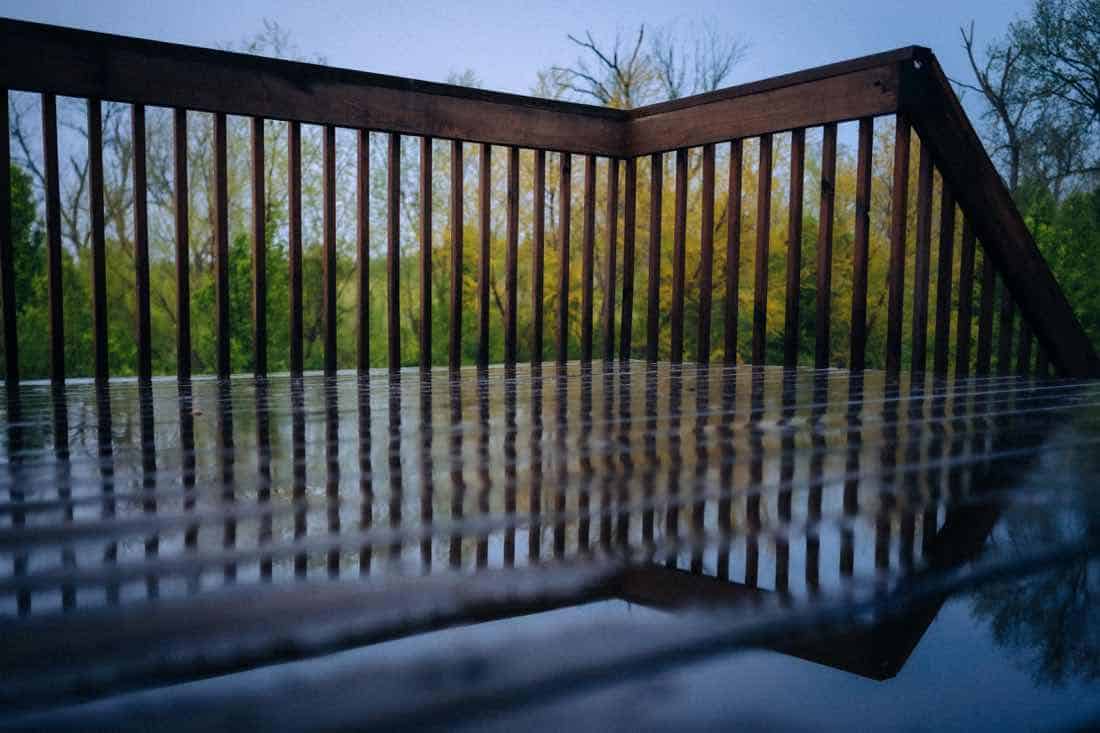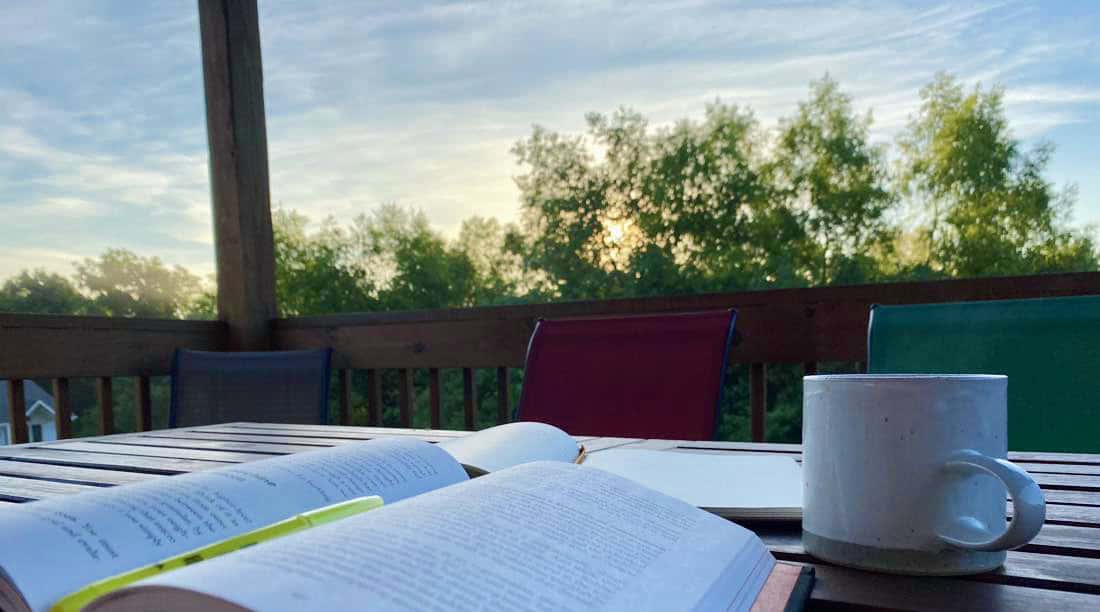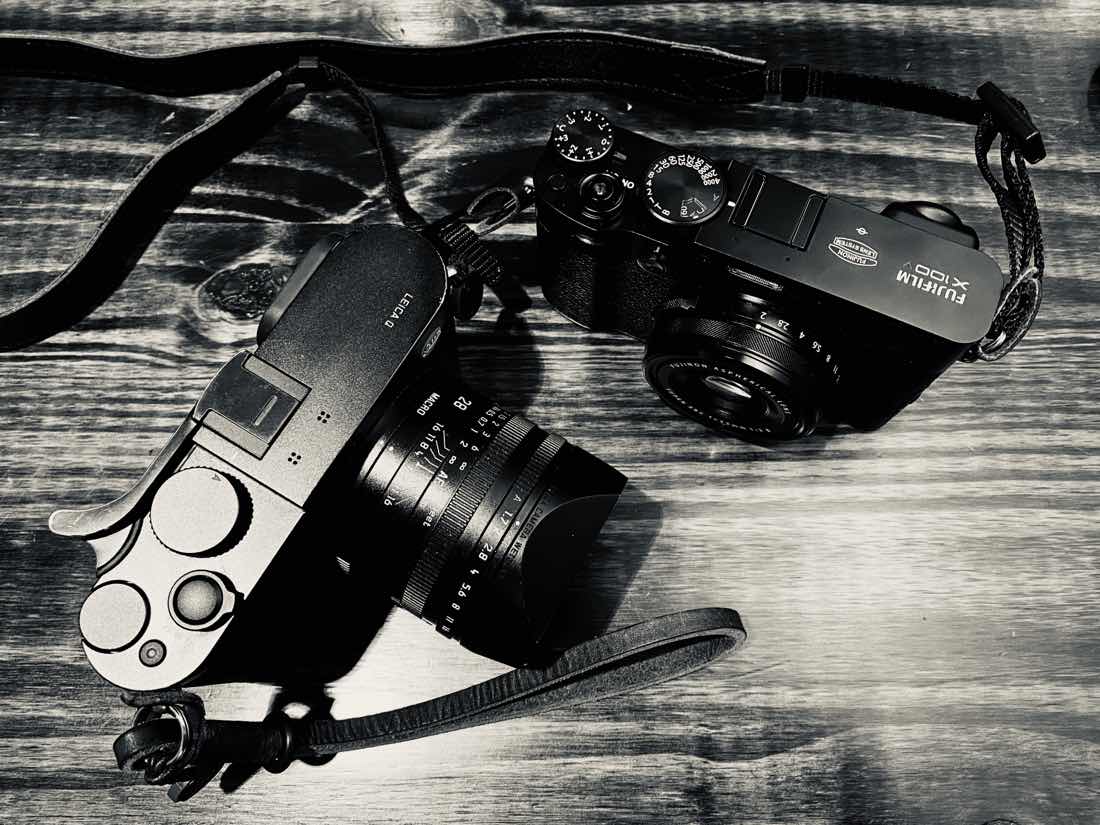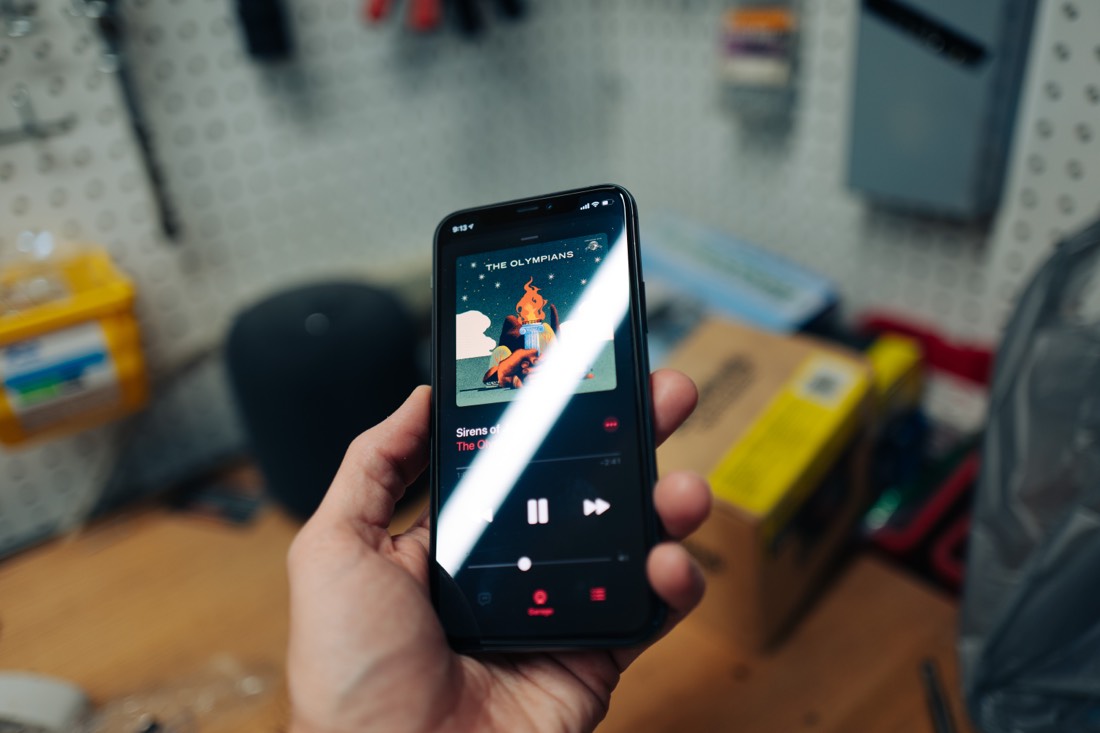As has become my new norm over these past few weeks, I am sitting at my kitchen countertop spending the first hour of my day writing.
The coffee this morning is from Yes Plz.
My soundtrack is an early morning rain coming down outside. It’s heavy enough that it’s just a solid wall of sound on the roof, not a pitter patter. It’s creating a white noise of sorts to play in the background as I write.

Living life at home for 7+ weeks now my whole family’s routine has been disrupted.
We have zero obligations outside of work and school at home. Which means that we actually have more time than we normally used to in our previous life.
More time to be around and with my kids during the day.
More time to spend making and eating meals together.
More opportunity to focus on side projects and hobbies in the evenings.
We are not running to and fro with errands, pickups, dropoffs, hangouts, date nights, or anything like that. None of us are traveling anywhere. We are always at home.
And… as a result, I just have more small moments of down time during my day.
Basically, even though life is significantly different with its own set of new challenges — this new normal of life also contains more breathing room in some ways
I’ve noticed some good and bad tendencies arising for myself during these occasional moments of downtime that I have during my days and on the weekends.
Perhaps you also are noticing that, even though life is so different, you also have more breathing room at times.
Today I wanted to share how I am trying to be smarter and more intentional with that time. And what things I am doing which actually help my day to feel more calm and peaceful rather than frantic and gone before I know it.
Let’s dive in…
. . . . .
I believe there are two ways to spend the occasional moments of down time during the day.
- You can do something that will “slow down” time and creates a restful pause.
- You can do something that will speed time up. Something that gets you lost into a black hole where you emerge on the other side not knowing how long you were out of it.
Here are a few examples of each type.
Let’s start with the latter — these, to me, are the things which should be avoided when possible or at least kept to a maximum.
- Scrolling social media
- Checking email
- Checking the news
- Watching TV or a movie
I can easily spend 20-percent or more of my waking hours just perusing and triaging my inboxes and news feeds. And when I do that, my time gets sucked up like a black hole and I’m not sure what good was actually accomplished and it went by so fast I didn’t even realize it.
Additionally, I always find that I have less energy (creative and emotional energy) after I’ve spent time scrolling social media or checking my email. I don’t feel better or recharged at all. I don’t feel creative. I feel more bored. Ugh.
On the other hand, there are many things which help time to slow down. Things that create a true “pause” or a restful moment in my day. Things that will leave me feeling rested and recharged.
Some examples:
- Sitting and thinking (or heck, just sitting)
- Walking outside
- Reading a printed book or a magazine
- Listening to an audio book
- Talking with a friend on the phone
- Writing
- Making photographs
- Sketching or creating in some way
- Cleaning or organizing a space
- Playing cards or a board game
- Making dinner
Having our whole family living inside these same 4 walls all day ever day, there are definitely moments where we all feel the need to escape — we each need moments to ourselves during the day.
Sometimes I have 5 or 10 minutes before the boys come inside for dinner. Sometimes it’s an hour before everyone wakes up. Or it’s half an hour before I go to bed.
In those moments, I’m trying to just be careful that I’m not always defaulting to spending that time on Twitter or email or news.
But of course, there is balance.
I haven’t abandoned all the mindless and fun things altogether. I don’t force myself to always do something that is “productive” or restful.
I am definitely okay with Netflix, Nintendo, YouTube, and RSS. I love these things! But I don’t want them to be the ever-present defaults for all my moments of down time.
I think it was Greg McKeown who I first heard suggest the following:
Yeah. I like that approach.
Side note for further reading: this piece I wrote about how I use time blocks and planning to identify work focus and rest focus each day.





